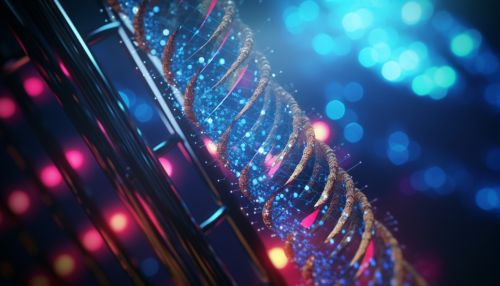Genetics of Depression
Introduction
Depression, a common and serious mood disorder, has a complex etiology that is influenced by both genetic and environmental factors. The study of the genetics of depression involves understanding the genes and biological pathways that contribute to the development of the disorder. This field has seen significant advancements in recent years, thanks to the advent of powerful genetic technologies and large-scale studies.
Genetic Basis of Depression
Depression is a polygenic disorder, meaning it is influenced by multiple genes. These genes interact with each other and with environmental factors to increase the risk of developing the disorder. The heritability of depression, which is the proportion of the variance in disease risk that can be attributed to genetic factors, is estimated to be around 37%.
Genetic Risk Factors
Several genetic risk factors for depression have been identified through different types of genetic studies, including twin studies, linkage studies, genome-wide association studies (GWAS), and whole genome sequencing.
Gene-Environment Interaction
The development of depression is not solely determined by genetic factors. Environmental factors, such as stress, trauma, and other life events, play a crucial role in triggering the disorder in individuals who are genetically predisposed. This interplay between genes and environment is known as gene-environment interaction.
Molecular Mechanisms
The genes implicated in depression are involved in various biological processes, including neurotransmission, neuroplasticity, and stress response. Understanding the molecular mechanisms through which these genes influence depression risk can provide insights into the pathophysiology of the disorder and potential therapeutic targets.
Future Directions
Despite the progress made in understanding the genetics of depression, many challenges remain. Future research directions include the identification of additional risk genes, elucidation of the biological pathways involved in depression, and investigation of the genetic basis of treatment response.
See Also


